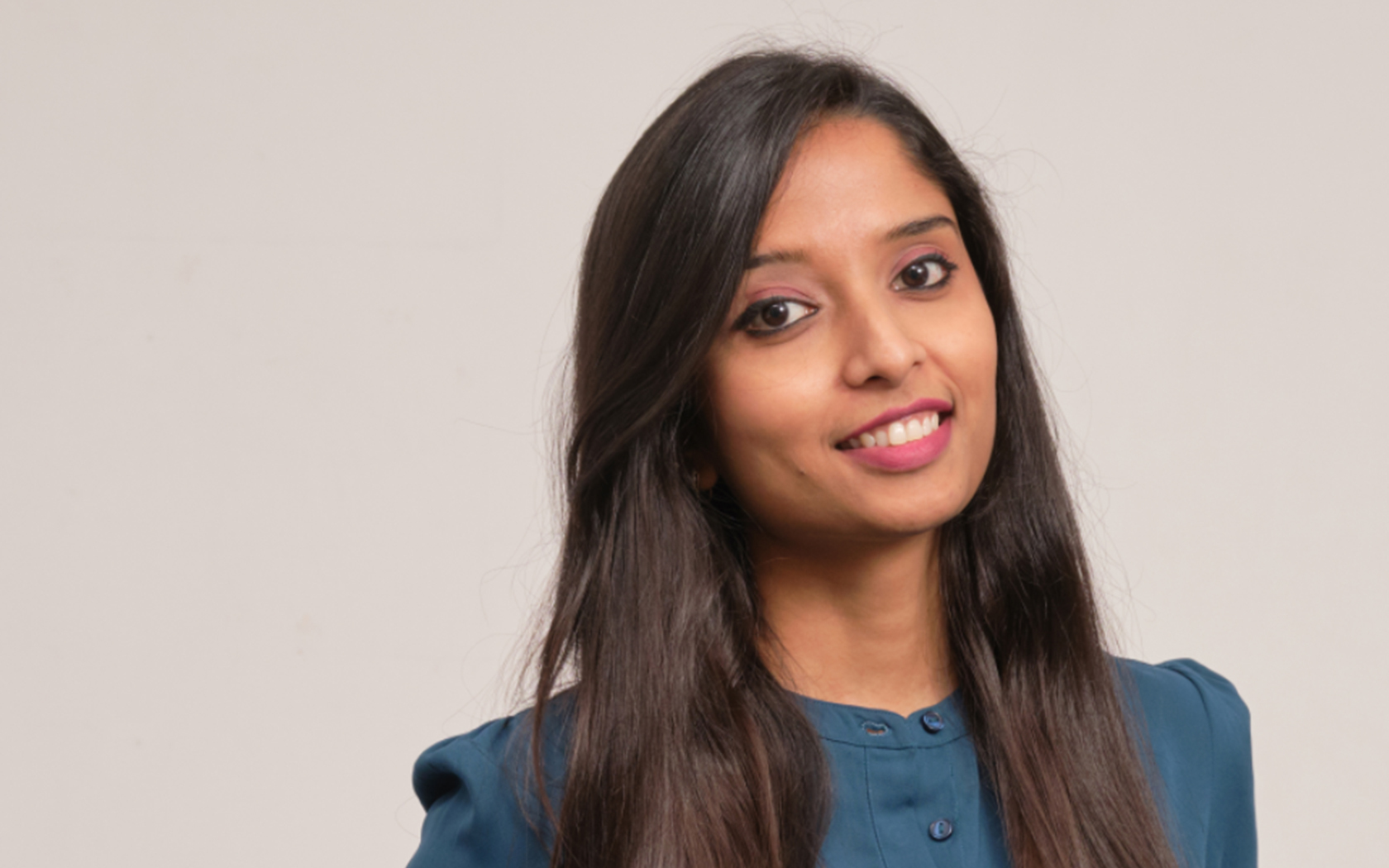Hi Pragya, thanks for joining this interview. Could you tell us about the range of projects you're currently working on?
Thanks for having me! So in the Middle East, we’re actually involved in a wide variety of large-scale projects. At the moment, we have teams working on everything from a 20-hectare site to nearly 20,000 hectares. There's really no limit to the scale, and there’s a diverse range of developments taking place in the region right now. I started with a one-hectare retail site, then progressed to working on a 20,000-hectare project, and am currently involved with a comparatively smaller site of around 350 hectares.
You’ve worked all over the world; how does your international experience influence your approach to projects in different regions?
When you're working in different parts of the world, the clients' priorities and the speed of delivery vary greatly. The local laws/codes impact the design and its process. When I was working in Paris, the focus was heavily on conservation, preserving history, restoring and maintaining what had been historically planned and approved. However, in the Middle East, and particularly in Dubai & Abu Dhabi, the emphasis is more on innovation, large-scale structures, pushing boundaries and embracing futuristic designs.
It’s something you learn and adapt to when working internationally and collaborating with diverse teams, which is something I absolutely love. It also helps foster a great work culture, as it feels like you're part of one team, even when you're spread across different parts of the world.
I appreciate BM’s approach to bringing in the best talent from around the world. Our philosophy is to find the most suitable person for the job, even if they’re based on the other side of the globe. Recently, I’ve worked with teams from Singapore, London and Warsaw, each contributing fresh perspectives and valuable expertise to the project.
How do you approach collaboration on large scale international projects?
Projects like these operate around the clock, with teams across different time zones collaborating to ensure continuous progress. The work begins in Singapore, where the team starts before our working day begins in Dubai. Once they’ve completed their portion, the project is handed over to the Middle East team, where we further develop and refine it. The clients and consultants are generally based in this region so it helps us coordinate with them and be on top of the project. By the end of our day, it is passed on to the London team, who finalise the details and manage client submissions.
This seamless collaboration between offices in different regions allows us to maintain a constant workflow, enabling the project to advance efficiently without any downtime. This approach is particularly beneficial for projects with tight deadlines or high client demands, as it allows us to meet expectations promptly and without delay.
